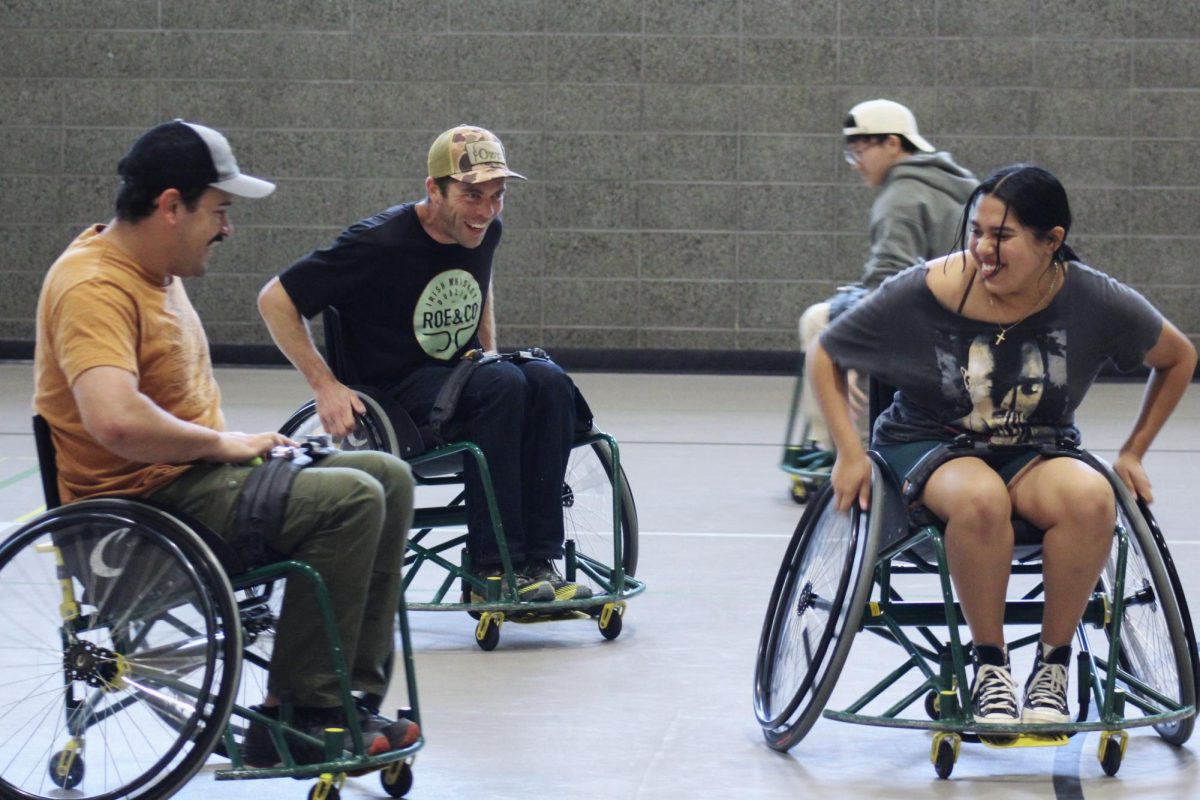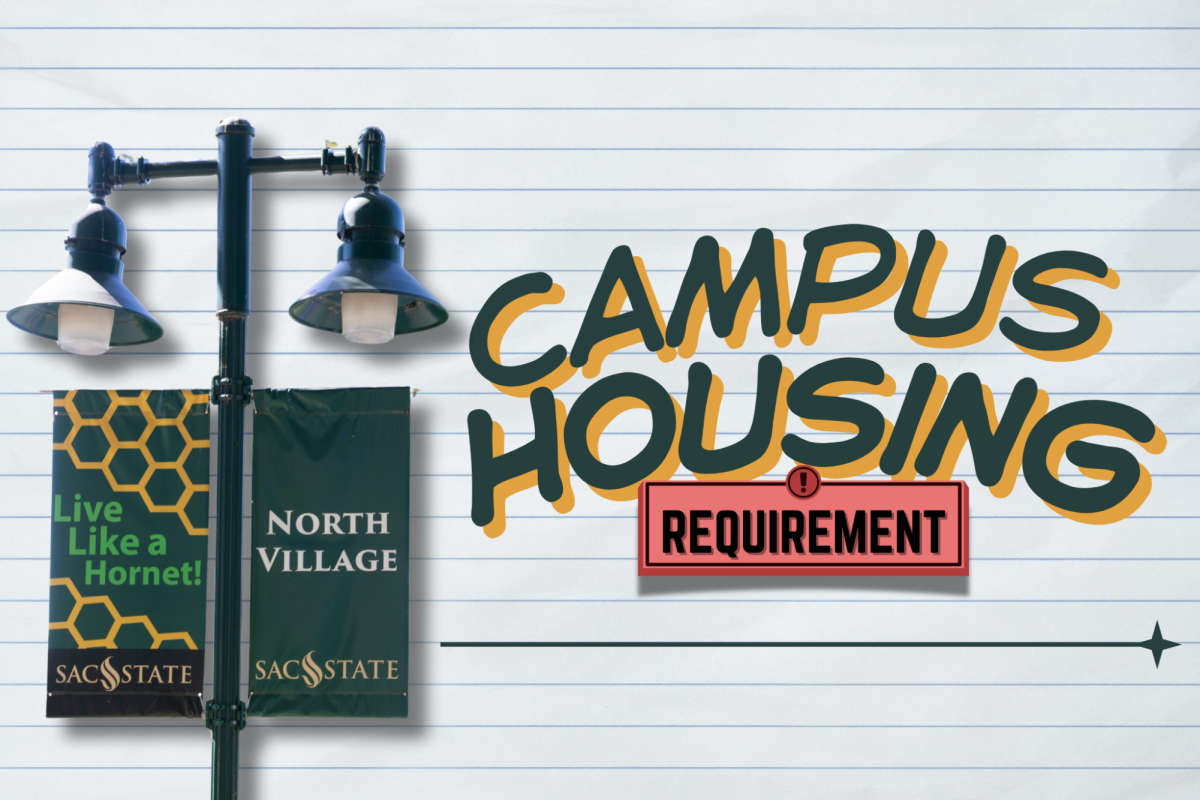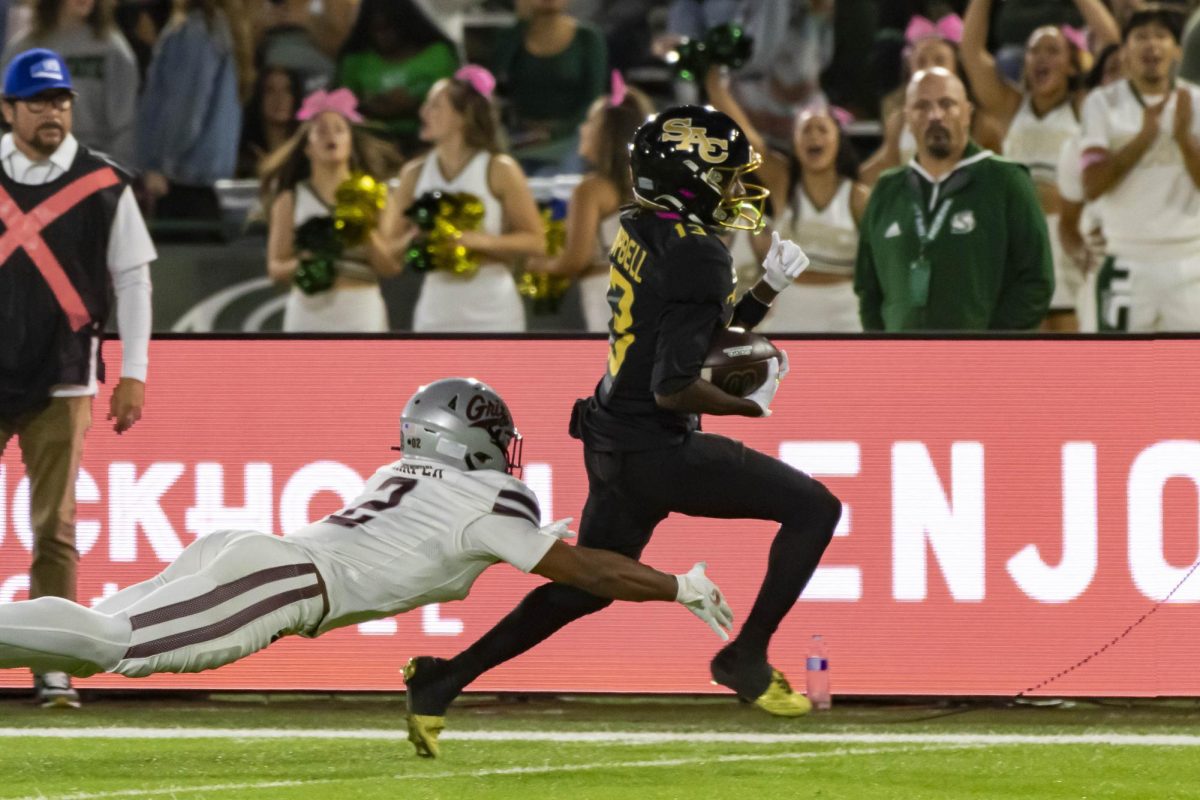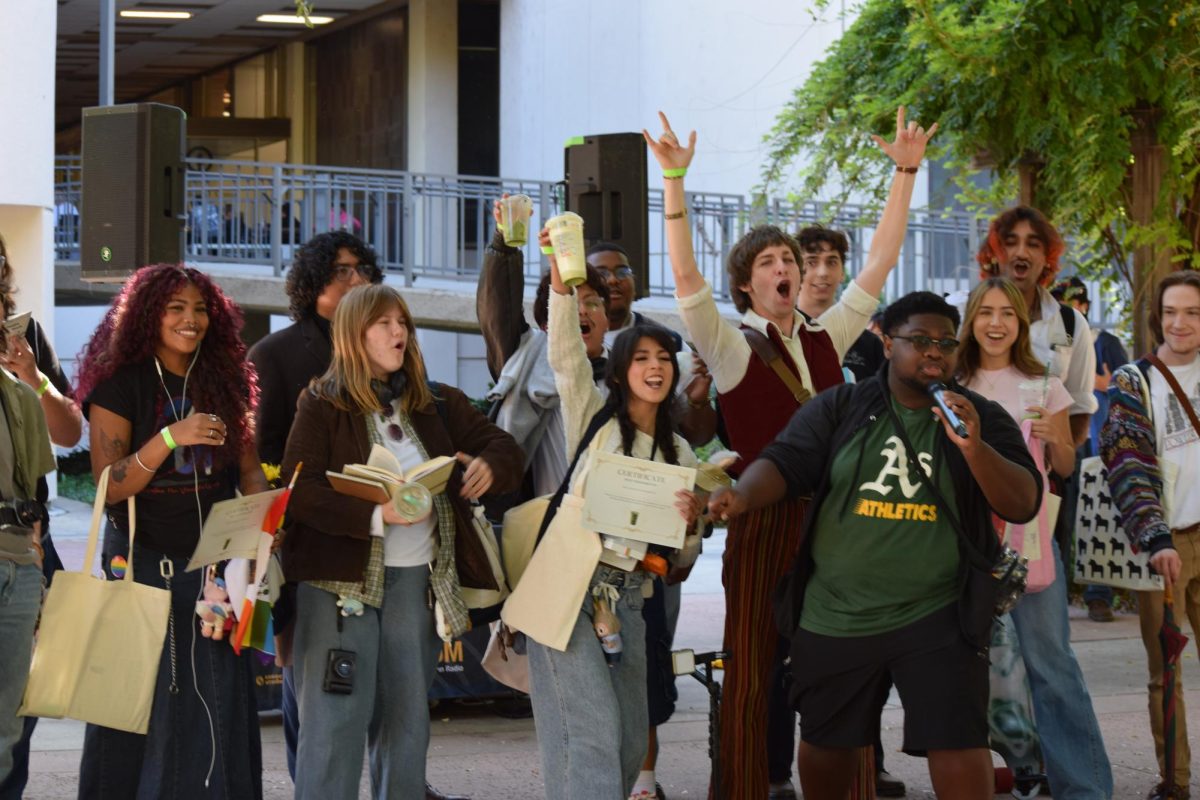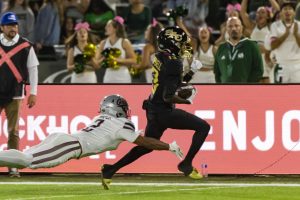Professors express concerns about student evaluations
May 12, 2010
Some professors at Sacramento State and across the country have expressed anxiety over student evaluations, which can weigh heavily on a professor’s chances of promotion or tenure.
Evaluations at Sac State were conducted last week, though some professors waited until this week to hand them out.
Louisiana State accounting professor Larry Crumbley, who has co-edited a book titled “Measure Learning Rather than Satisfaction in Higher Education,” said student evaluations have “destroyed our education.”
“They should be outlawed for performance purposes, for tenure purposes and for purposes of promotion,” Crumbley said.
Crumbley said professors often inflate grades and reduce coursework to receive good evaluations.
“It’s an internal control feature that the higher administration are using in order to force professors to give higher and higher grades, because the higher administration only wants student retention,” Crumbley said.
Nick Burnett, department chair of Sac State’s communication studies department, said he thought Crumbley’s view was an overreaction.
“I think that there is plenty of evidence to suggest that student evaluations are effective ways to evaluate, but they shouldn’t be the only way to evaluate,” Burnett said.
The communication studies department has a three-pronged approach to evaluating professors. One is asking students open-ended questions to receive qualitative answers. The other is using a five-point rating system to measure student satisfaction with professors’ performance. The third one is sending faculty members to classes to evaluate other professors.
“Every set of data you look at to measure teacher effectiveness has its flaws. But when you do this, you can kind of triangulate with three different kinds of data,” Burnett said. “Obviously, then, you can look for areas of agreement and areas of disagreement, and it gives you a more rounded picture.”
Universities vary in how they evaluate professors.
Crumbley said in his years at Louisiana State, he rarely saw professors evaluate other professors.
“We have a dysfunctional system that the administrators like because they are too lazy to go into classrooms and see who are the better teachers,” he said. “Likewise, they don’t want to go into the classroom because they would have to say “Crumbley is a bad teacher; this is how he has to improve.'”
Crumbley said it made no sense for students to evaluate professors because of the inherent bias it creates.
At Sac State, evaluations differ from department to department.
In the government and communication studies departments, students are asked about their expected final grades to see if biases exist for those who have lower grades.Some departments, like the division of social work, do not ask questions about a student’s expected grade.
Robert Humphrey, communication studies professor, said that using only quantitative measurements was a problem.
“You can have one disgruntled student who just goes down the line giving ones,” Humphrey said. “I had one last semester.”
He said he knew of cases where professors inflated students’ grades for better evaluations.
Humphrey said he views evaluations as both good and bad. When he was a student at UC Davis, student evaluations were not conducted. He said he would have liked to evaluate some of his professors.
“There were clearly people who were terrible teachers, who didn’t do their jobs or follow the catalog,” Humphrey said. “I would have liked to have the opportunity to express my feelings.”
Humphrey said untenured professors were more likely to be nervous about evaluations, because bad evaluations could hurt their chances of being granted tenure.
Several untenured professors who were contacted for an interview declined to comment.
“I think you are always a little nervous,” Humphrey said. “But in general, I am in favor of evaluations. I like getting a little feedback.”
Timothy Sandoval can be reached at [email protected].


